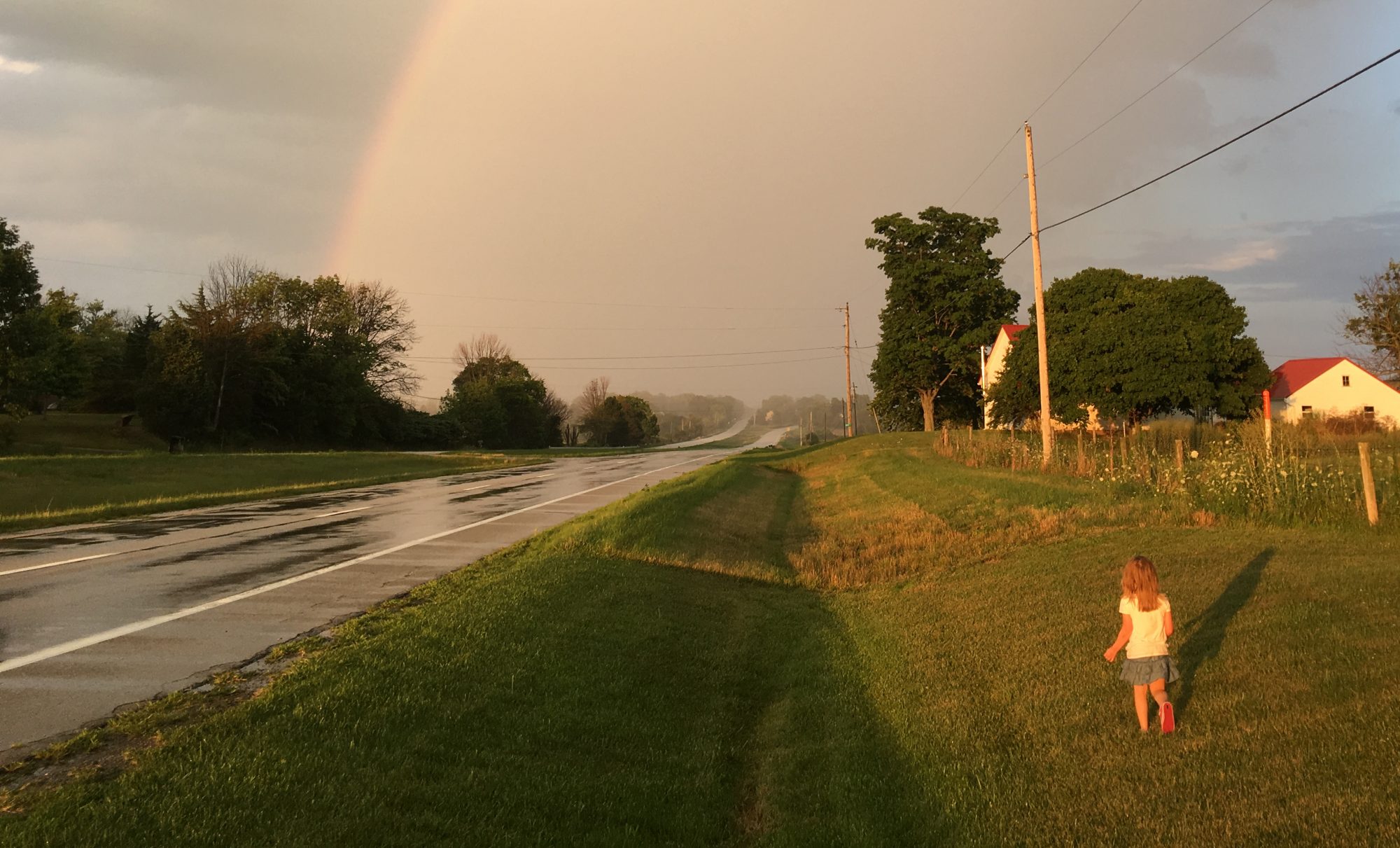Little knowledge is firsthand, especially of the internet variety. Historical pithy quotes are especially notorious, and usually taken out of context, or lost in translation – then regurgitated with finality in an argument or rhetorical discussion, with the effect of all parties present concluding that their interlocutor is an idiot. The conversation then ends, with the idiot now deluded into thinking their witty prose triumphant, when in reality the other parties are just choosing to disengage from an idiot.
But occasionally the idiot finds a like mind, and the quote spreads like chain mail, its original meaning lost until someone, finally, uncovers the primary text. But by then it’s too late. The false quote has entered public knowledge, even if factually incorrect, and continues to perpetuate.
Cooking knowledge is not immune to “factual” misinformation. So for the benefit of the internet, I’ve compiled a short list of common falsities that the internet’s puerile mind can digest. Falsities I’ve seen repeated so frequently that they warrant callout, because they’ve intersected with my hobbies and I can give demonstrable firsthand knowledge. Here they are:
- Smashing burger meat
- Cooking meat cold
- Flipping bacon
Burgers
First, the oft-repeated advice: “Never smash a cooking burger down with a spatula.” The reasoning? It makes the burger dry.
I think this advice originates from the declining quality of commercial grinds, wherein the fat is added after the fact to extruded lean beef. This system makes fat content easy to measure and highly adjustable, but the fat isn’t part of the grind and, once heated, liquefies out and separates. This makes it easy to push out with manual force, thus smashing burgers makes for dry burgers.
Add to this problem that commercial grinds hold most of their moisture as added water (rather than naturally within the cells), and any little pressure will rapidly dehydrate the end product.
The system by which grinds are “assembled” creates a patty whose meat, fat, and water content are only held together by the mixing process – and easily denatures with over-handling. Thus, don’t smoosh it.
A higher grind quality doesn’t suffer nearly as badly from these issues. And in fact benefits from being smashed to intentionally dry it.
Also, not all cooking methods suffer the same problems. Smash burgers are typically made on griddles at lower temperatures than grills. The lower temperature prevents the meat from crisping as completely, and holds the excess fat and moisture within the burger due to the flat cooking surface, which further prevents crisping and makes for a greasy product. Smashing a burger of quality grinds overcomes these limitations without over-drying, with the added bonus of making a cool flat diner patty.
I’d never smash a burger on a charcoal grill. That would dry it out and cause flareups. But it’s always better to take the smash approach when using my griddle or cast iron.
Of course, if you insist on buying cheap commercial grinds, then don’t smash your burger – fine. But don’t say universally to never smash a burger under any circumstances. That just tells your guests that you’re feeding them cheap meat and you don’t know how to cook.
Setting out meat
I find it especially amusing when I hear this one: “Meat should be room temperature before cooking.” Ew. Leave perishable food in the danger zone for hours? The reasoning: even cooking.
Here’s why this is dumb:
- Uneven cooking is often desirable.
- Uneven cooking, when undesirable, is usually just the result of using too high a temperature.
Say I want something seared without overcooking it. Consider again the humble burger. How does one accomplish a crispy outer layer with a juicy interior? Why, cook it cold of course! I even partially freeze my burgers before they hit the grill.
And what about a roast? I’m not leaving a 10lb turkey on the counter to hit room temperature. And I’ve never seen a turkey recipe that calls for high heat. The cold meat issue has never been an issue. It’s been long figured out. It’s okay to cook cold meat!
And consider smoking meat. Starting cold lets the meat stay in the smoker longer. So if you want really smoky smoked meat, no setting it out before cooking.
Flipping bacon
This one I just plain don’t get: “Only flip bacon once for even cooking.” I don’t get it because it’s as incorrect as incorrect can be. Unless you’re oven-cooking, which I think is blasphemous for my own reasons, pan-cooked bacon curls down, lifting the center of the slice. The edges burn while the middle stays raw. Constant flipping places the middle of the up side down, whereby the curling process repeats and is soon lifted, requiring another flip.
Maybe this advice came from oven bacon, or those who use a bacon press. But whatever the reason, it’s now accepted as universal fact, and leads to burnt and raw bacon with the classic pan fry method.
Conclusion
Don’t blindly accept cooking advice. It can lead to lackluster results, but more importantly it can be a food safety issue. But most important of all, it can make you look like a real doofus.
–Simon
